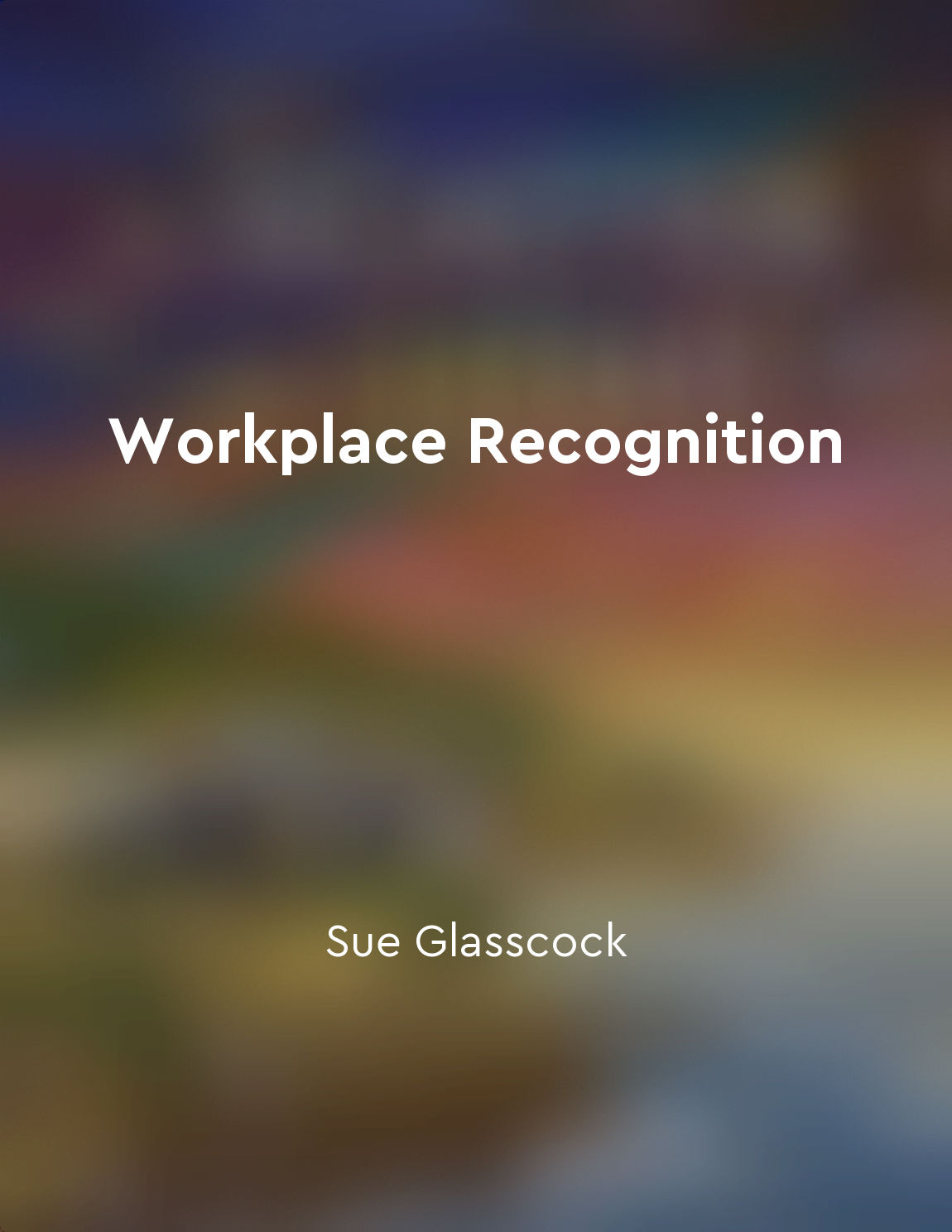Audio available in app
Perceived fairness affects employee motivation from "summary" of Social Psychology and Organizations by David De Cremer,Rolf van Dick,J. Keith Murnighan
Fairness in the workplace is a crucial factor that can significantly impact employee motivation. When employees perceive that they are being treated fairly by their organization, they are more likely to feel motivated to perform well and contribute to the overall goals of the company. This perception of fairness can be influenced by a variety of factors, including the distribution of rewards, the consistency of decision-making processes, and the transparency of communication within the organization. Employees who feel that they are being rewarded in a fair and equitable manner are more likely to be motivated to put in the effort to achieve positive outcomes. This sense of fairness can be achieved through a transparent and consistent reward system that is perceived as just and unbiased by employees. On the other hand, when employees perceive that rewards are distributed unfairly, they may become demotivated and disengaged from their work, leading to lower levels of performance and productivity. In addition to the distribution of rewards, the perceived fairness of decision-making processes within an organization can also impact employee motivation. When employees feel that decisions are made in a fair and transparent manner, they are more likely to trust their leaders and feel motivated to work towards common goals. On the contrary, when decision-making processes are perceived as arbitrary or biased, employees may feel disillusioned and demotivated, leading to a decline in performance and commitment. Furthermore, the transparency of communication within an organization plays a vital role in shaping employees' perceptions of fairness. When communication is open, honest, and inclusive, employees are more likely to feel valued and respected by their organization. This sense of respect and inclusion can foster a positive work environment where employees feel motivated to contribute their best efforts. Conversely, when communication is lacking or misleading, employees may feel alienated and unappreciated, leading to a decrease in motivation and engagement.- Perceived fairness in the workplace is a critical factor that can influence employee motivation. Organizations that prioritize fairness in the distribution of rewards, decision-making processes, and communication practices are more likely to cultivate a motivated and engaged workforce. By creating a work environment where employees feel valued, respected, and treated fairly, organizations can enhance employee motivation and drive performance towards achieving organizational goals.
Similar Posts
Contextual factors influence how we interpret messages
Contextual factors play a significant role in shaping how we understand and interpret messages in communication. These factors ...

Tailor recognition to individual preferences
Tailoring recognition to individual preferences is a crucial aspect of effective workplace recognition. Recognizing and appreci...
Seja assertivo ao lidar com comportamentos inadequados
When facing inappropriate behaviors in the workplace, it is crucial to address them in a direct and confident manner. Being ass...
Emphasize customer satisfaction to drive business growth
To grow your business successfully, you must focus on one crucial aspect: customer satisfaction. This is the key to driving gro...
Together, we can create a more inclusive and diverse work environment
Creating a more inclusive and diverse work environment is not something that can be achieved by individuals acting alone. It re...
Adapting to change is necessary for process agility
In order to achieve process agility, organizations must be willing to adapt to change. This is because the business environment...

